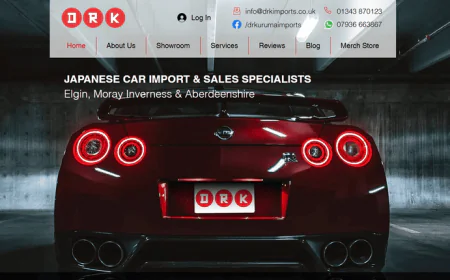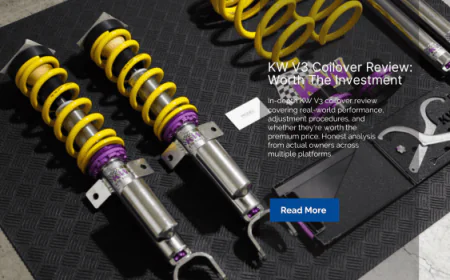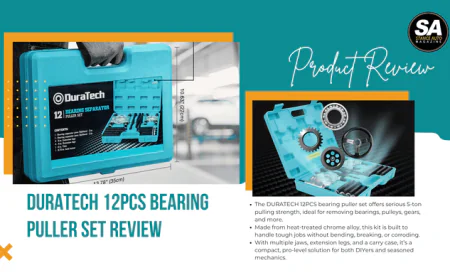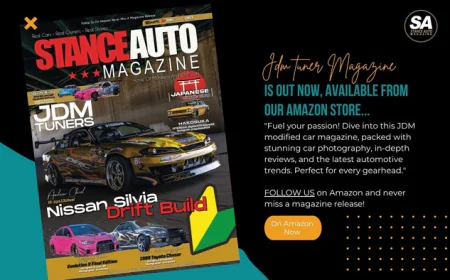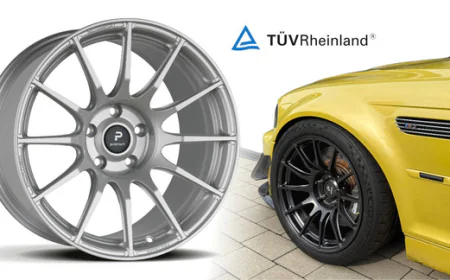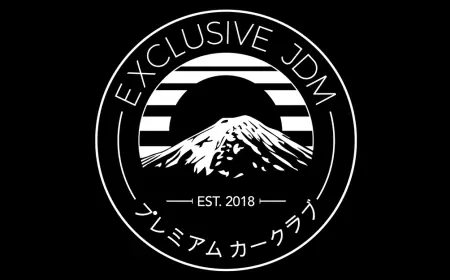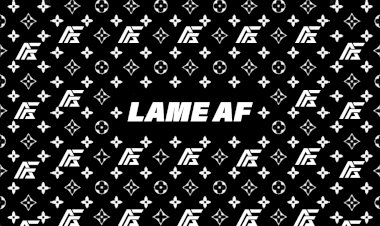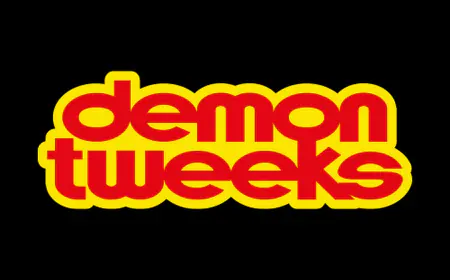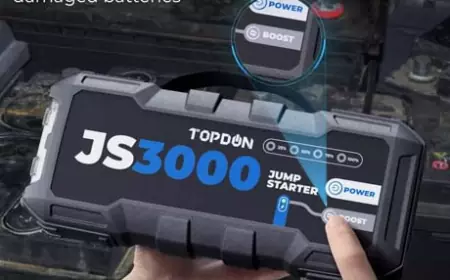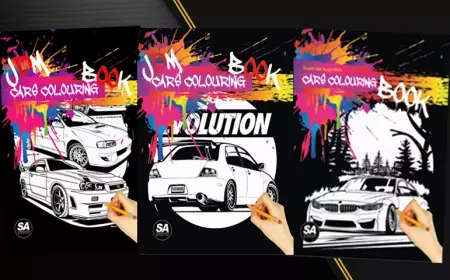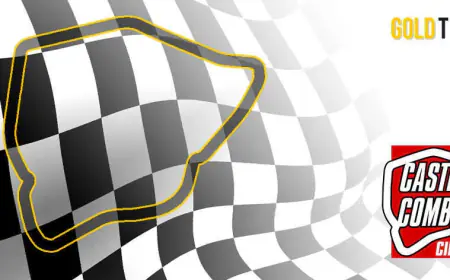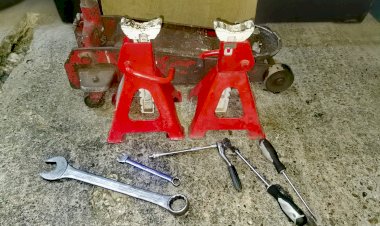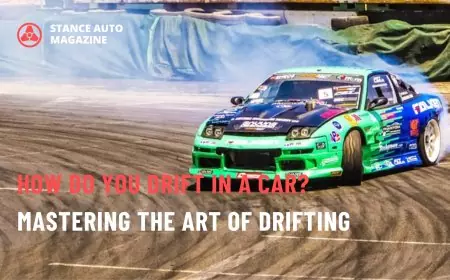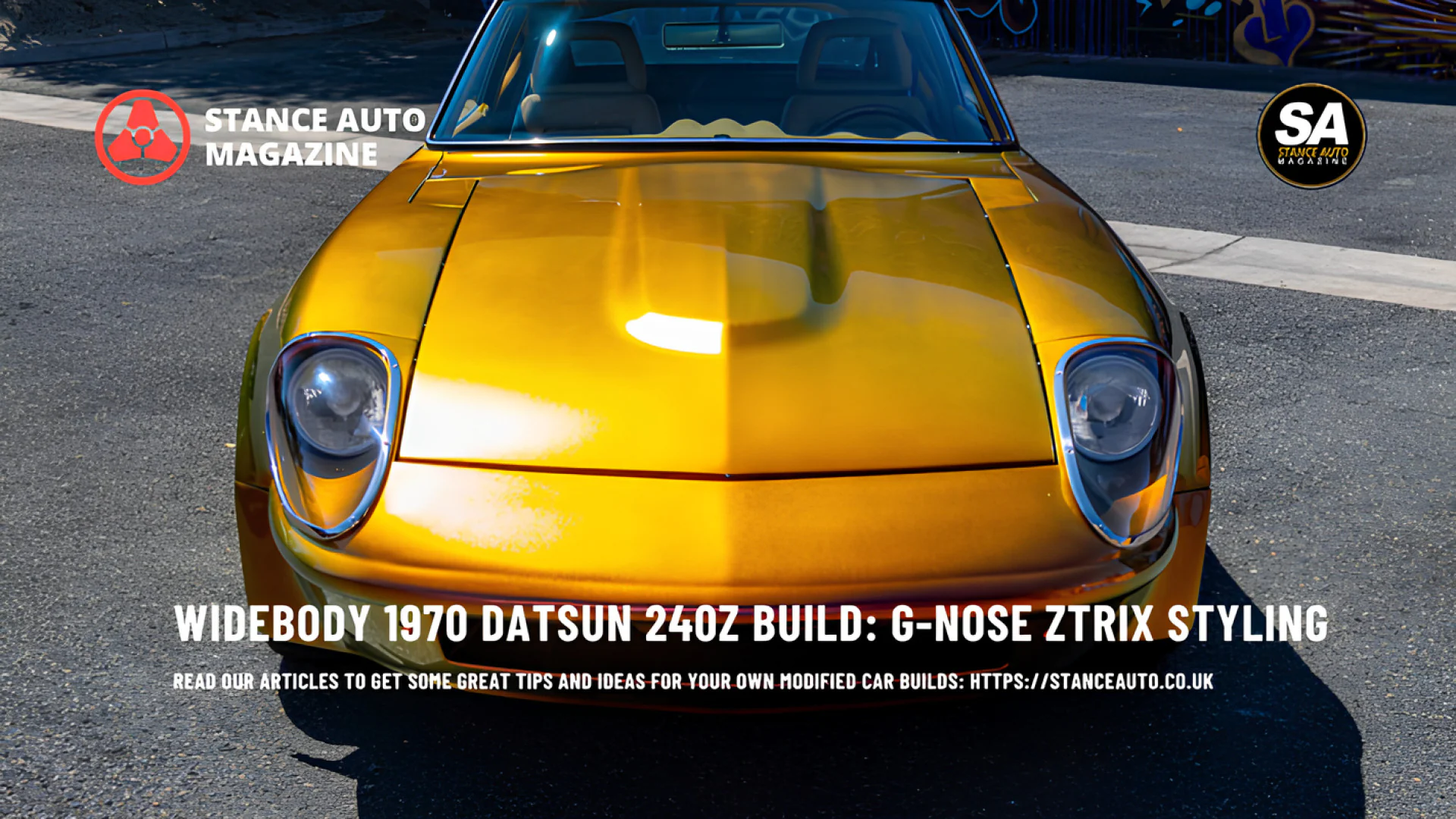French JDM Scene: Importing, Regulations, and Performance Builds
France’s JDM scene is thriving. From strict import laws to Skyline builds and tuner culture, discover how French car fans keep the Japanese dream alive under tough regulations.
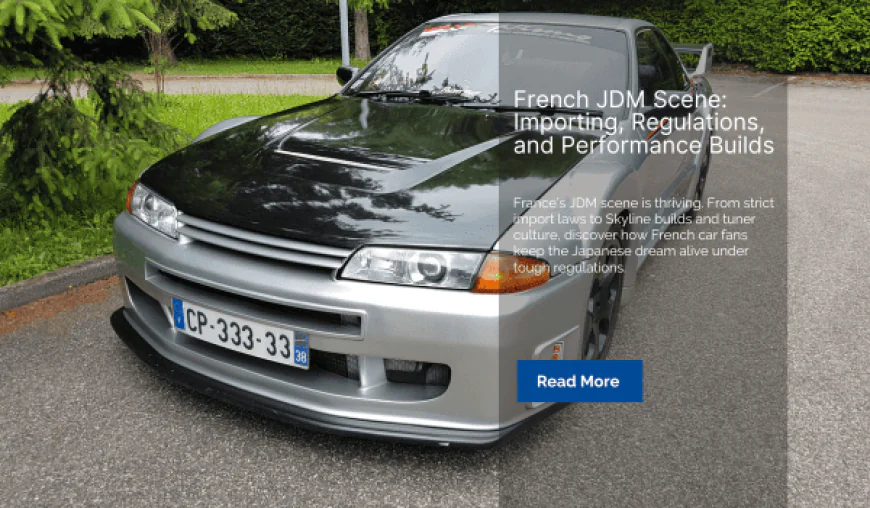
TL;DR – Three Key Takeaways
-
Importing JDM cars to France is possible but involves strict registration, conformity, and tax requirements.
-
A passionate French JDM community thrives through tuning culture, car meets, and performance garages.
-
Despite regulations, cars like the Nissan Skyline R32 GT-R and Toyota Supra are growing icons on French roads.
Introduction: When Japan Met France
There’s something undeniably poetic about seeing a Nissan Skyline rolling through the streets of Lyon, its RB26 burbling under a grey Parisian sky. The French JDM scene might not have the size or freedom of Japan’s or the UK’s, but it’s got something equally valuable — soul.
In a country known for its love of Peugeots, Citroëns, and Alpine rally cars, the rise of Japan’s high-revving, turbo-spooling imports feels almost rebellious. Yet over the past decade, this niche has grown from underground obsession to legitimate subculture, with communities forming around every major city.
You’ll find JDM nights under bridges near Marseille, Skyline gatherings in Bordeaux, and old Celicas cruising Normandy’s coastal roads. As one Paris-based tuner told us:
“French car culture has always been emotional. The JDM scene adds discipline — it’s about precision engineering, not just noise.”
But for anyone hoping to bring a piece of Japan home, the journey begins long before that first burnout. Importing a JDM car into France isn’t for the faint-hearted.
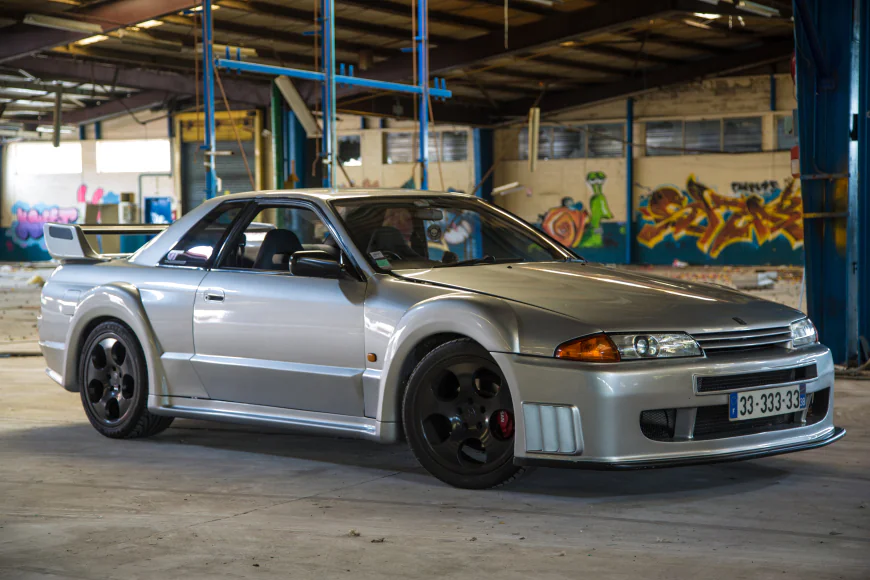
Importing JDM Cars into France: Navigating the Bureaucracy
Ask anyone who’s done it, and they’ll tell you the same thing: France loves rules. Bringing in a JDM car means understanding a system built around paperwork, inspections, and a lot of patience.
The key to getting a Japanese import on French plates is a process known as homologation — essentially proving that your car meets European safety and emissions standards. Unfortunately, most 1990s JDM icons like the Skyline, NSX, RX-7, or Supra were never officially sold in Europe, so they don’t have an EU type approval.
That means each car has to be individually inspected and approved. You’ll need:
-
Proof of ownership and export documents from Japan
-
A Contrôle Technique (French MOT)
-
A Certificate of Conformity (CoC) or an Attestation d’Identification from DREAL (regional homologation office)
-
A quittance de douane (import tax receipt) proving VAT has been paid
The full process can take months — and cost several thousand euros — depending on the model and modifications.
As Julien Martin, an importer based in Nice, explains:
“If you buy a completely stock car, you’re already fighting a hard battle. Add a single non-factory modification, and it gets even harder. France wants paperwork for everything.”
Still, that hasn’t stopped enthusiasts. Many work with specialist importers who handle the bureaucracy and ensure compliance. The payoff? The chance to own something truly special — a car that makes people stop and stare every time you hit the street.
If you’re curious about owning one yourself, take a look at our detailed Nissan Skyline R32 GT-R build — a perfect example of what passion, patience, and precision can achieve.
The Legal Landscape: Restrictions and Loopholes
France’s import laws are strict, but not impossible. The biggest challenges revolve around emissions and noise regulations, which can differ even between regions. Cars over 30 years old qualify for “véhicule de collection” status — meaning they’re exempt from some modern emissions requirements and easier to register.
That’s why many importers target older JDM icons like the R32 Skyline, Honda NSX, or Mazda RX-7 FC. They’re old enough to sidestep the toughest standards, yet modern enough to be reliable and exhilarating.
Younger models like the R34 GT-R or Evo IX face more red tape. But French tuners have learned to work around it. Many opt to register cars in neighboring EU countries with looser rules — like Germany or the Netherlands — before transferring ownership into France.
“It’s not about cheating,” laughs tuner Antoine ‘Toni’ Leduc of Bordeaux. “It’s about understanding the system better than the system understands you.”
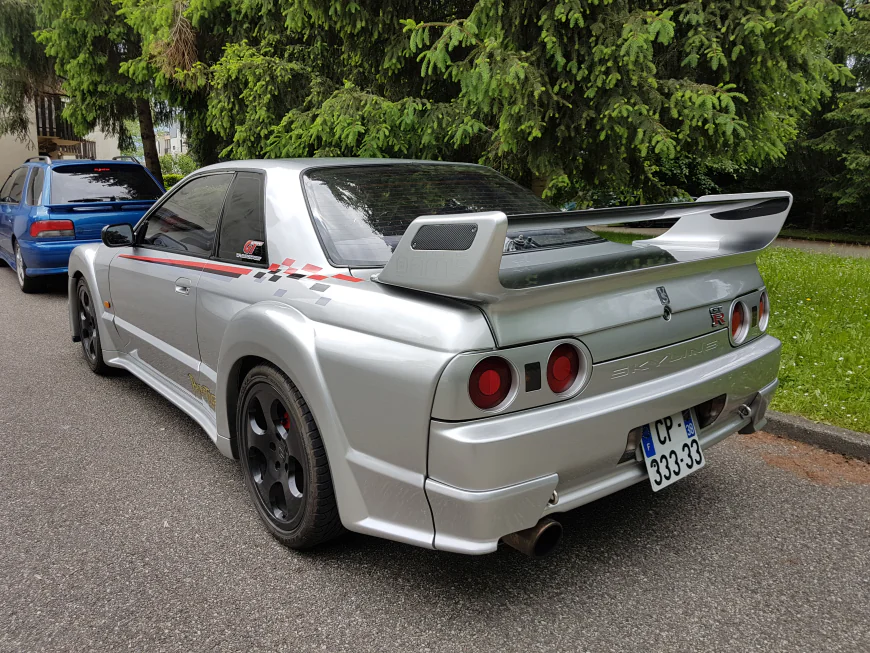
Tuning in France: Passion Meets Precision
Despite the legal hurdles, tuning culture in France is thriving. You’ll find tucked-away garages and independent workshops that specialize in Japanese performance cars, often run by enthusiasts who started as fans.
In places like Marseille, Lille, and Toulouse, JDM meetups have exploded in popularity. Owners swap parts, discuss setups, and share knowledge — often over café tables and late-night detailing sessions. The focus isn’t just on power, but balance: streetable cars that can handle a French mountain road as well as a circuit day.
“We don’t just build dyno queens,” says Lucas Moreau, owner of Drift Atelier, a Lyon-based shop. “A real French JDM car has to survive a track day at Magny-Cours and still get you home legally.”
Popular upgrades include coilover kits, ECU remaps, and subtle body kits that blend Japanese style with French practicality. The 2JZ-GTE, RB26DETT, and SR20DET remain the most sought-after engines, with local specialists mastering the art of tuning them to perfection.
Many enthusiasts turn to online communities and media like Stance Auto to share their progress — from drift builds to resto projects. Some of the most impressive examples, like the R32 GT-R build mentioned earlier, have inspired a new generation to chase the JDM dream.
The Community: From Car Meets to Magazines
France’s JDM scene isn’t just about machines — it’s about belonging. The sense of community is what keeps it alive despite the red tape. Weekend meets in Paris draw hundreds of cars, from Civics and Silvias to rare RX-7s.
Social media has amplified that spirit, creating online networks where owners trade parts, share guides, and document builds. Many end up featured on platforms like Stance Auto, connecting enthusiasts from Tokyo to Toulouse.
There’s also growing respect between Japan and France — a mutual appreciation for craftsmanship. French tuners often collaborate with Japanese brands, importing genuine HKS, Tomei, and Greddy components to ensure authenticity.
“It’s a bridge,” says Lucas. “We’re not copying Japan. We’re continuing the story in our own way.”
Challenges Ahead and the Future of the French JDM Scene
The road ahead isn’t easy. France’s shift toward electrification and low-emission zones threatens the future of petrol performance cars. Cities like Paris have already begun restricting older vehicles, making it harder for enthusiasts to enjoy their machines daily.
But car culture evolves — and the French JDM scene is adapting. Builders are exploring engine swaps, biofuel conversions, and track-only builds to keep their passion alive. The community’s resourcefulness mirrors that of the early JDM pioneers in Japan — driven by creativity, not convenience.
It’s this spirit that ensures Japan’s legacy lives on, not just in Tokyo or Osaka, but in the heart of Europe too.
Conclusion: The French JDM Identity
The French JDM scene might exist under the radar, but it’s one of the most passionate communities in European car culture. It’s defined by determination, craftsmanship, and connection — a blend of French artistry and Japanese precision.
Whether you’re fighting for homologation papers, tuning an RB26 for the perfect idle, or cruising through Provence in a right-hand-drive classic, one thing’s clear: the French JDM dream is alive, loud, and here to stay.
Call to Action
Do you have a build story like this one? Got a build on a budget? We want to see it. Submit your story to Stance Auto Magazine, and you could be the next featured owner showing the world how to do it right—without breaking the bank.
And hey, don’t forget to tag us on socials. Use #stanceautomag on Instagram, Pinterest and Facebook so we can see (and maybe feature) your ride.
Test Your JDM Car Knowledge and Take Our No. 1 JDM Car Quiz

Order Your Stance Auto Car Magazines From Our Amazon Book Store
Test Your Automotive Knowledge and Take Our No. 1 Car Quiz
Get Noticed Use our Hashtags - #stanceauto #stanceautomag #stanceautomagazine #modifiedcarmagazine
UKTM no: UK00003572459
 Like
0
Like
0
 Dislike
0
Dislike
0
 Love
0
Love
0
 Funny
0
Funny
0
 Angry
0
Angry
0
 Sad
0
Sad
0
 Wow
0
Wow
0
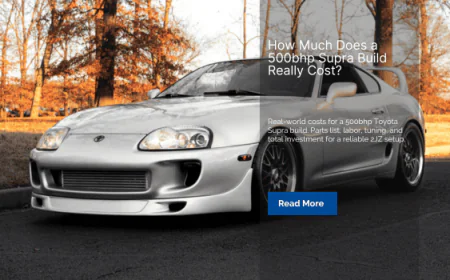
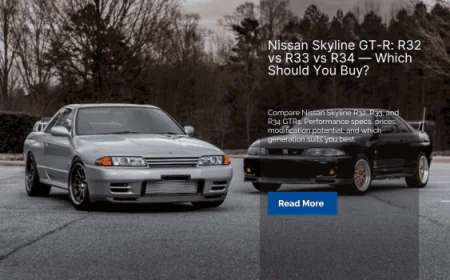

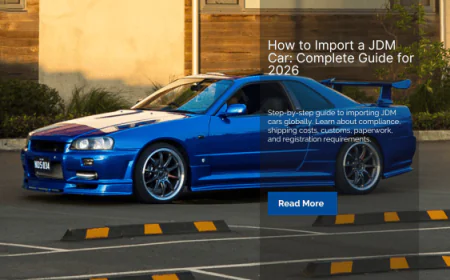



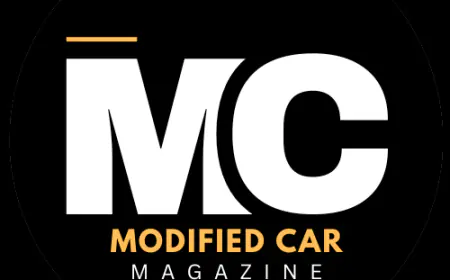




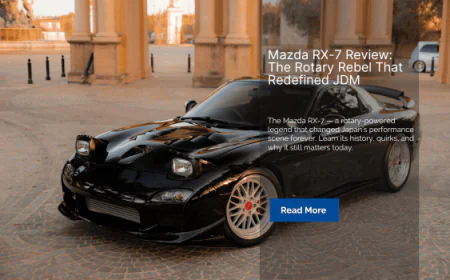
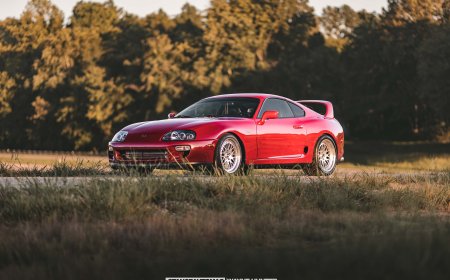


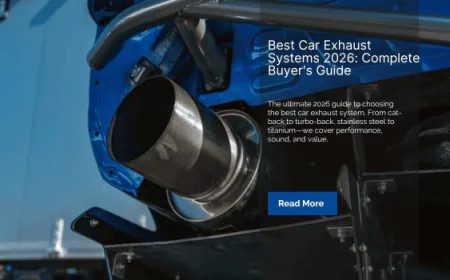
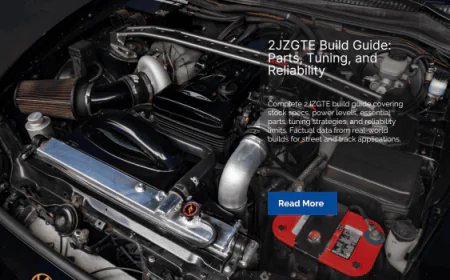
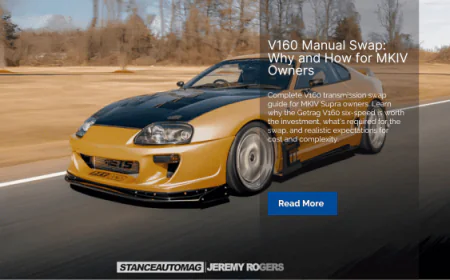
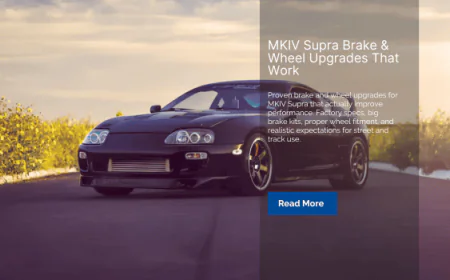


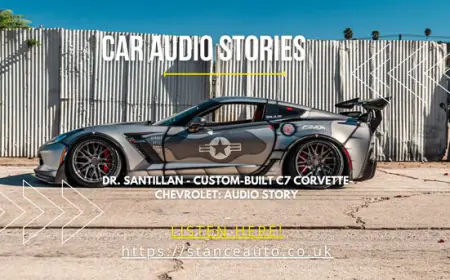






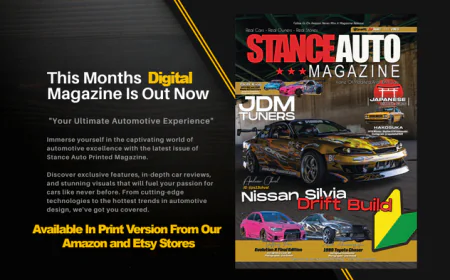


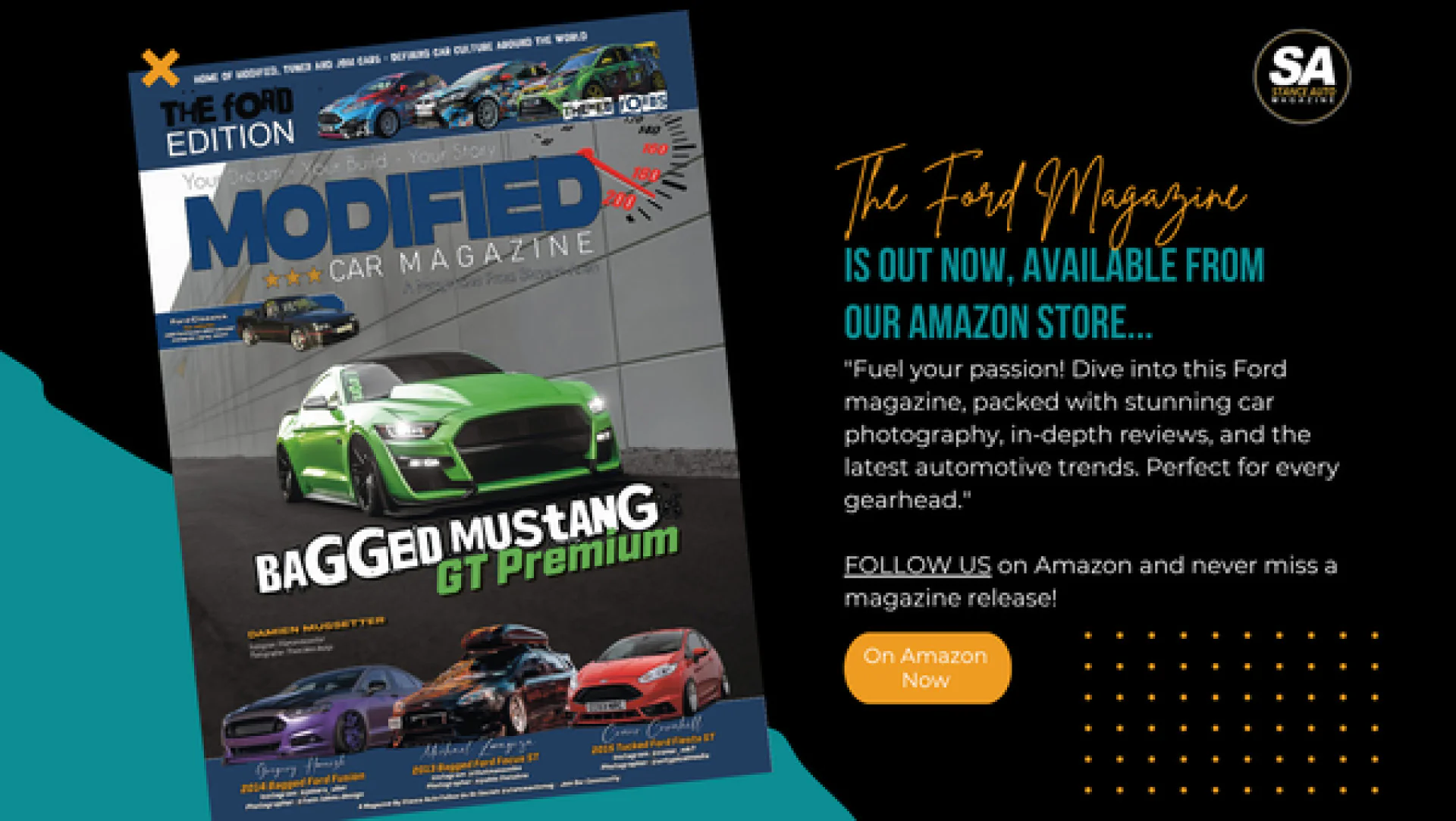

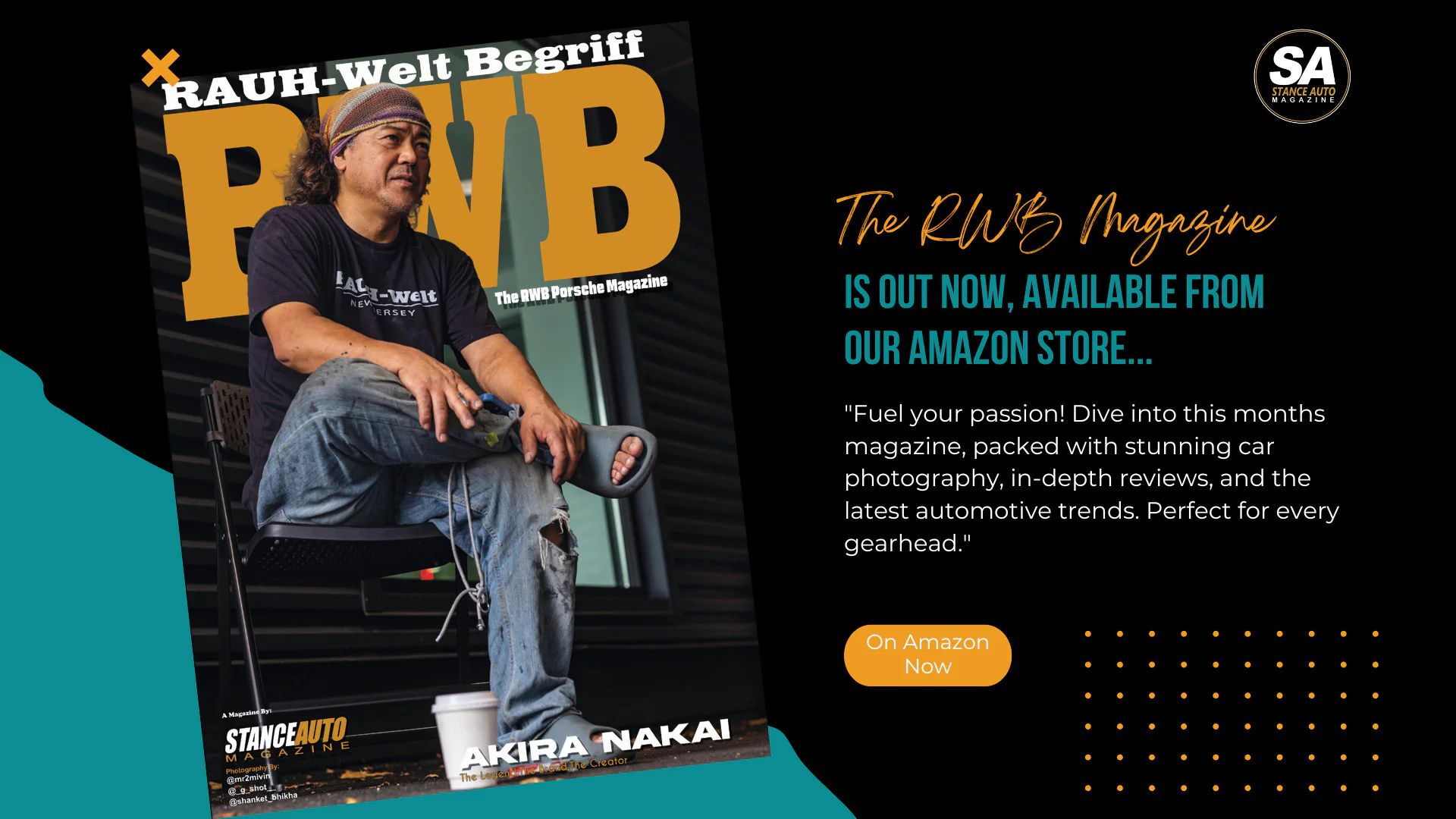
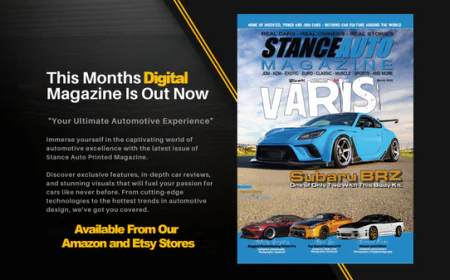
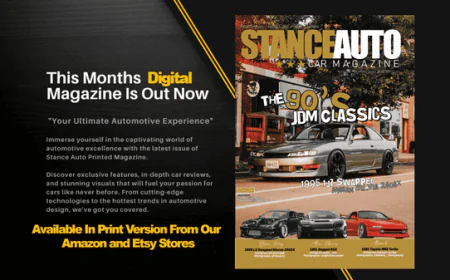
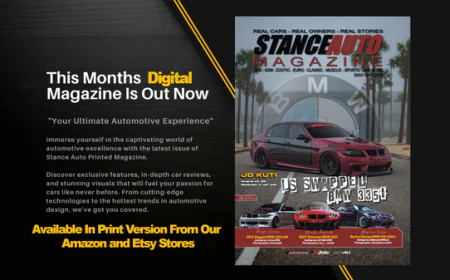

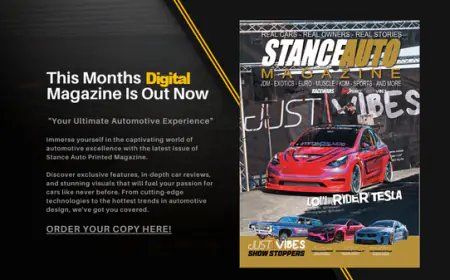
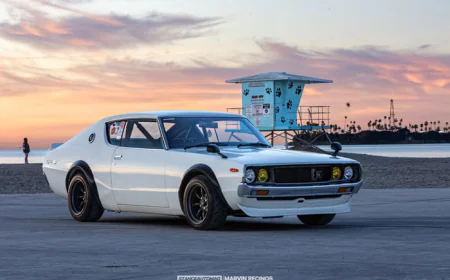
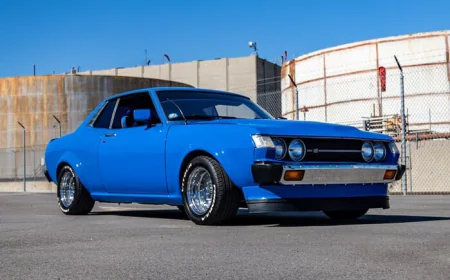
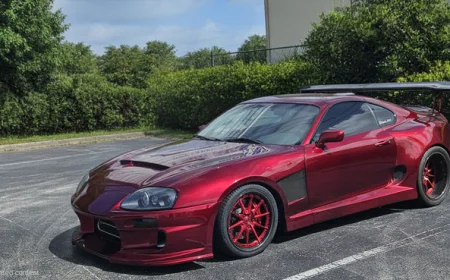
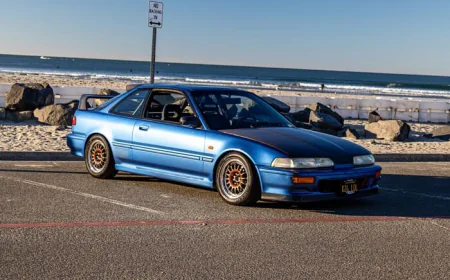
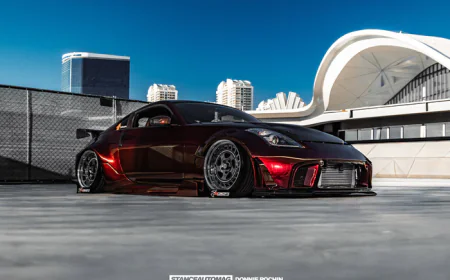
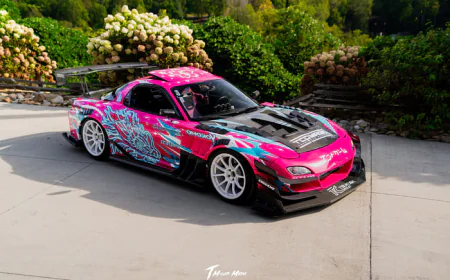
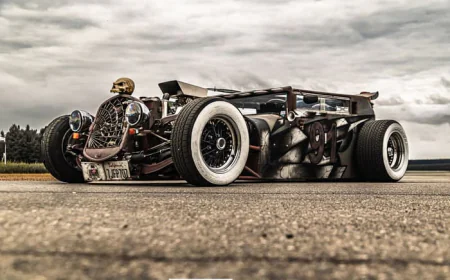
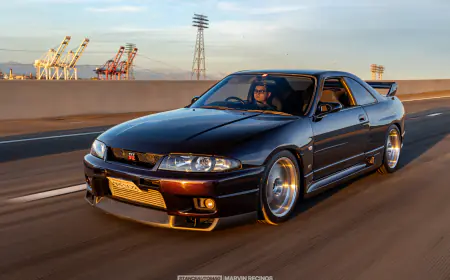
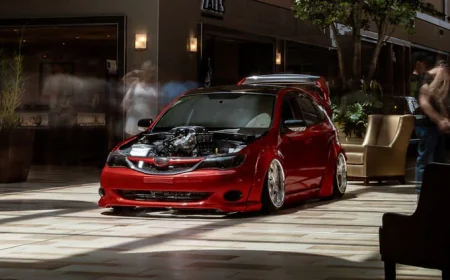
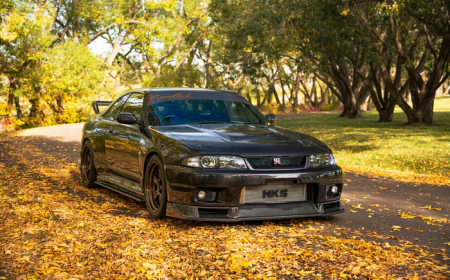
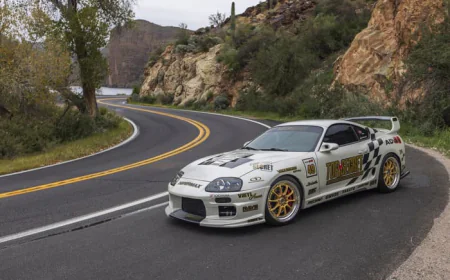
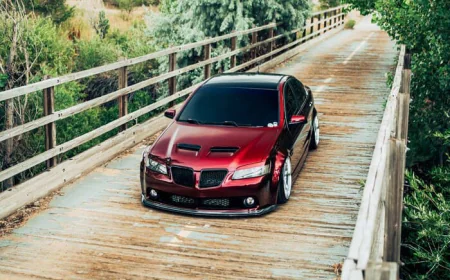
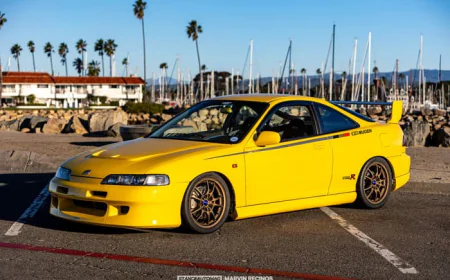
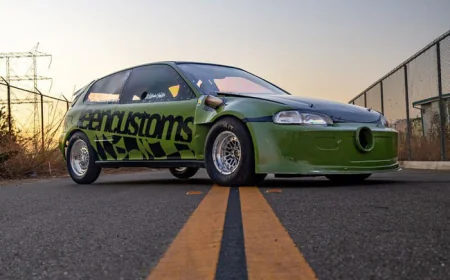

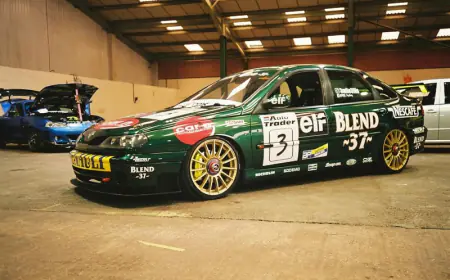

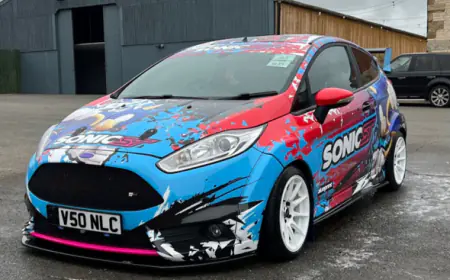



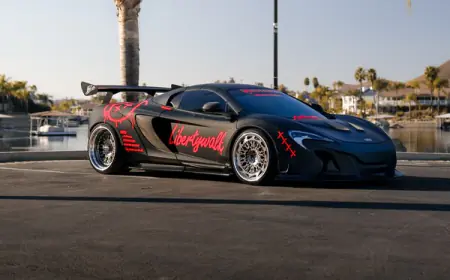
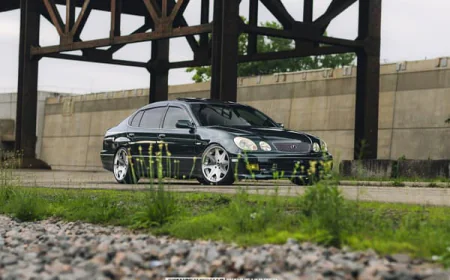

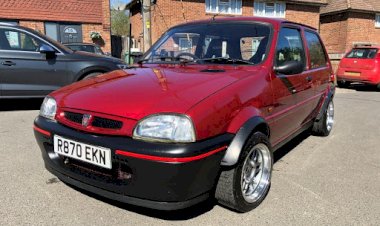


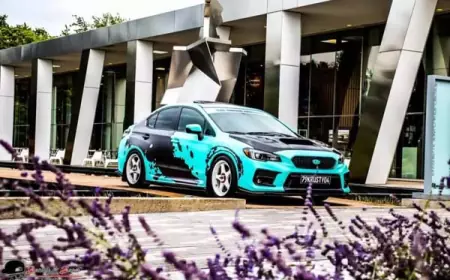


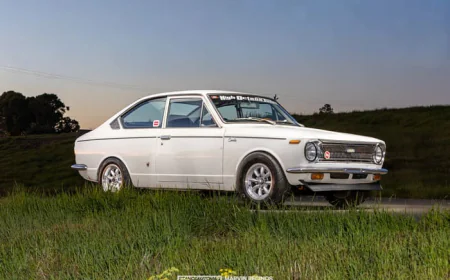
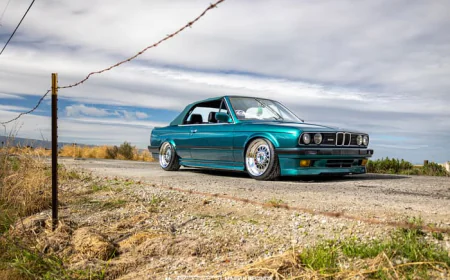
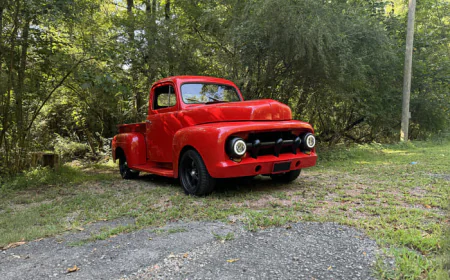
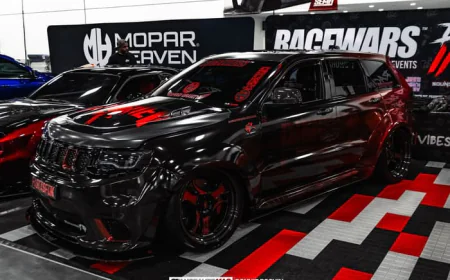
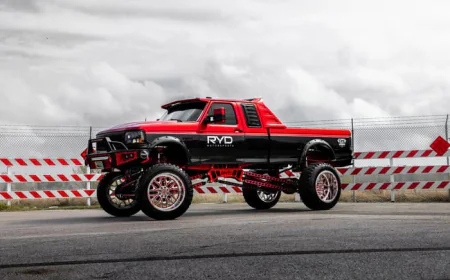
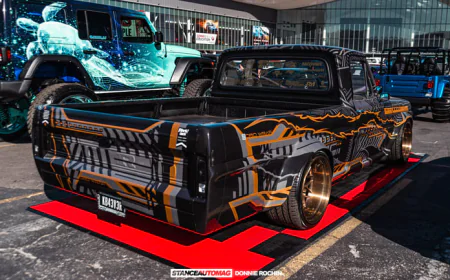


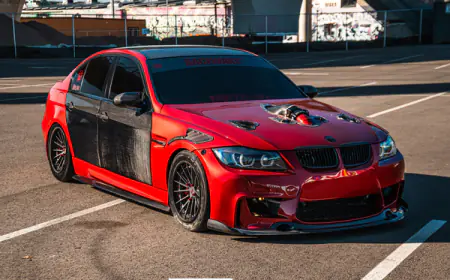
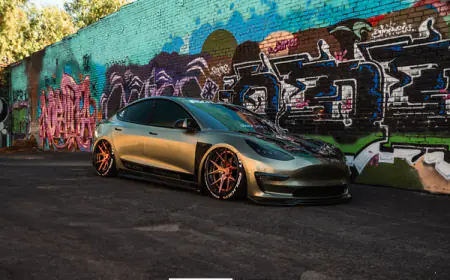
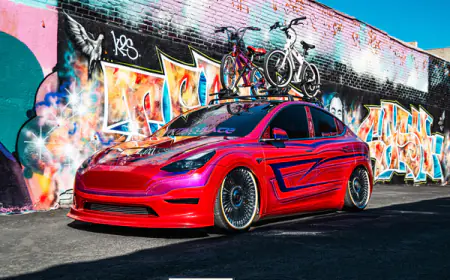



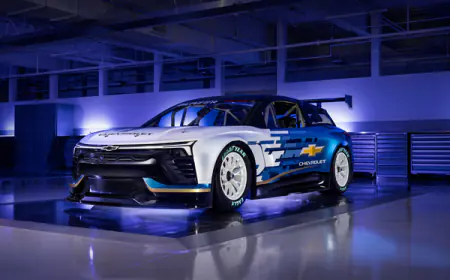




.png)
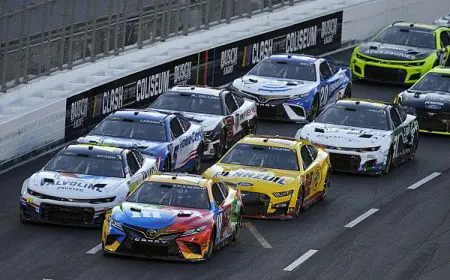



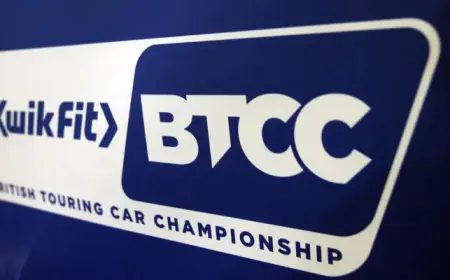
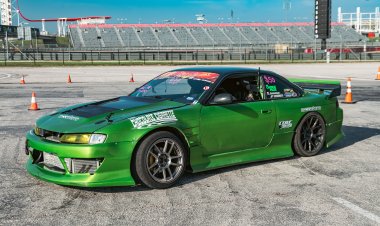



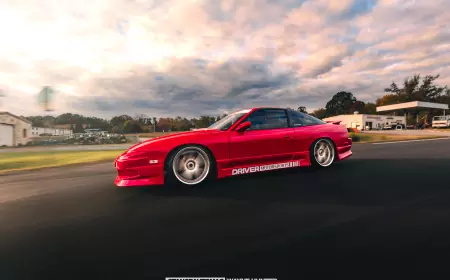


![[HOONIGAN] Ken Block's GYMKHANA NINE](https://img.youtube.com/vi/_bkX5VkZg8U/maxresdefault.jpg)









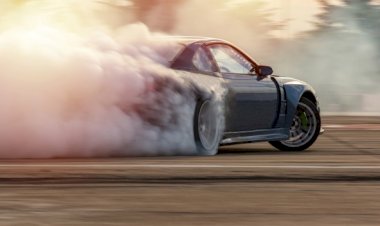
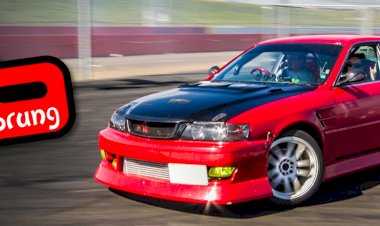
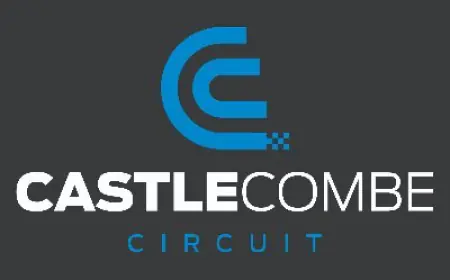











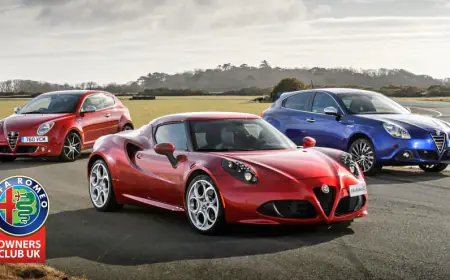





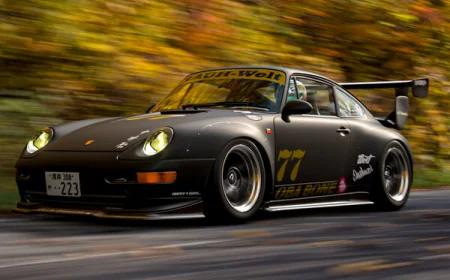




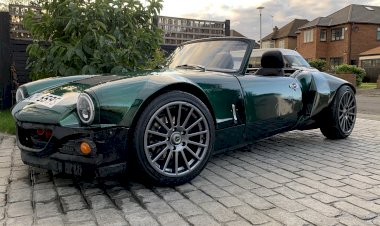
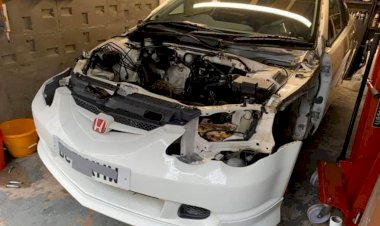
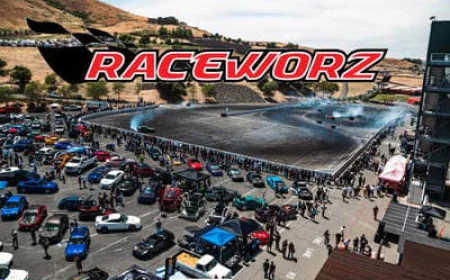
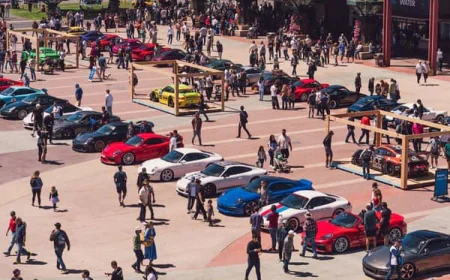


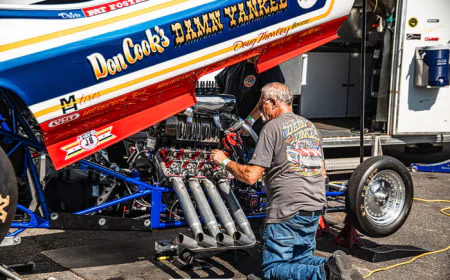
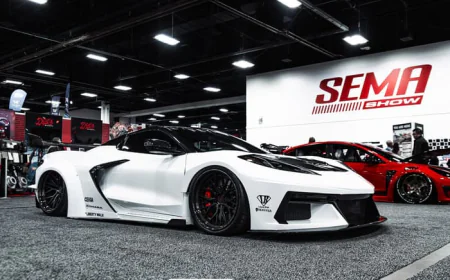

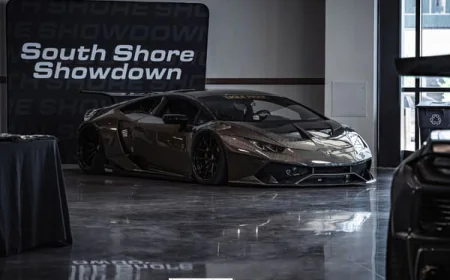
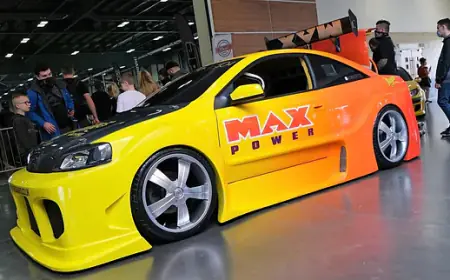

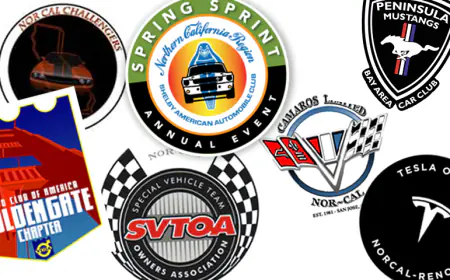
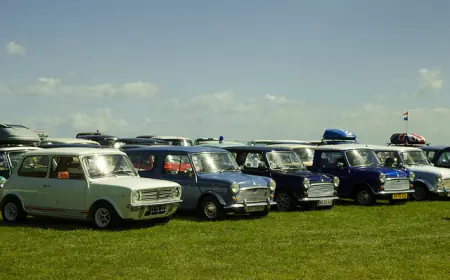






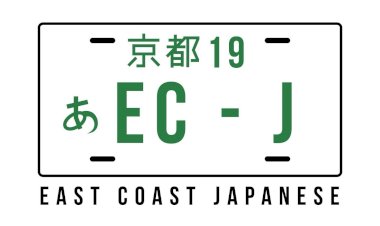


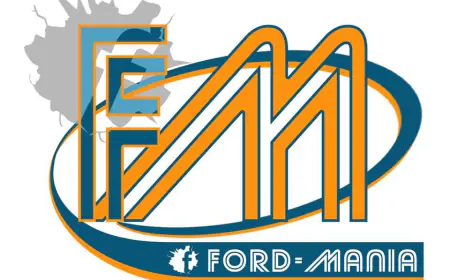


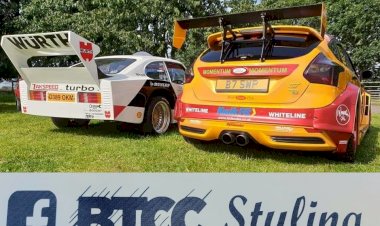

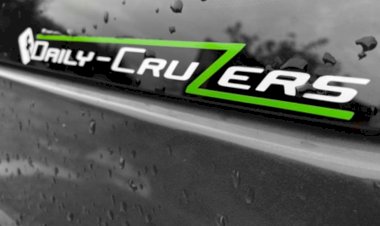


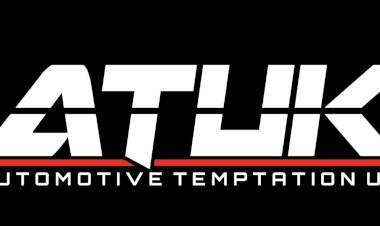
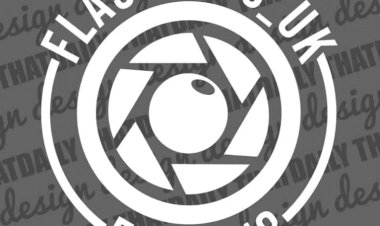


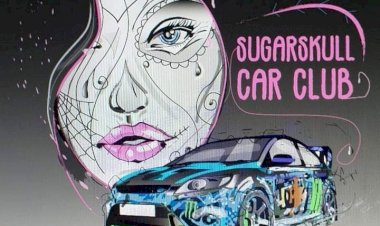


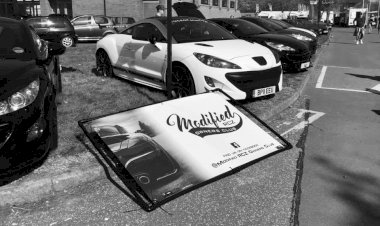






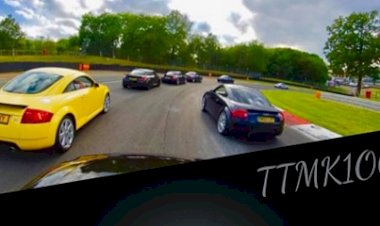


![[HOONIGAN] KEN BLOCK'S GYMKHANA SEVEN: WILD IN THE STREETS OF LOS ANGELES](https://cdn.motor1.com/images/mgl/2KlO4/s1/ken-block-london-tour-directors-cut.jpg)







